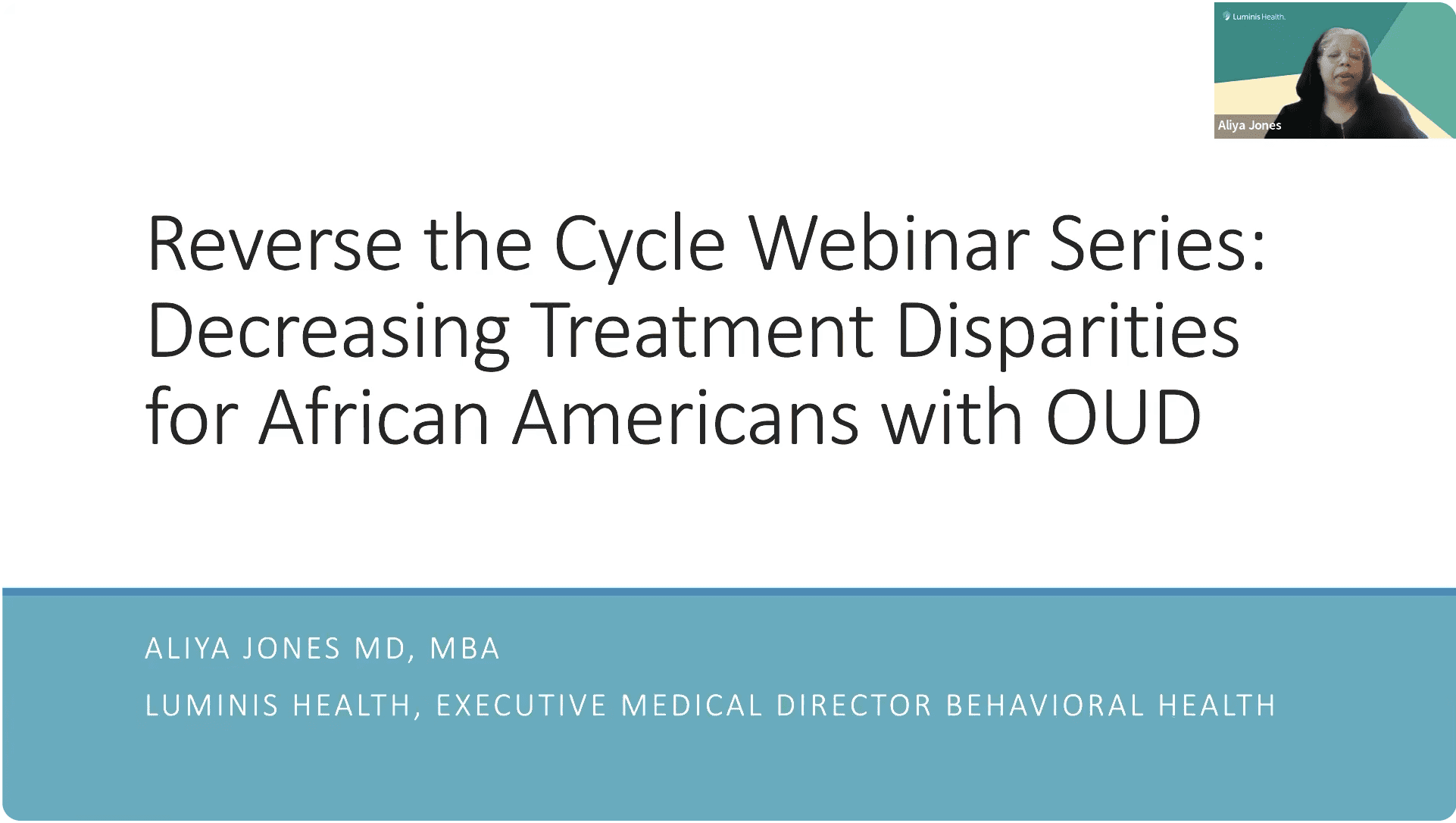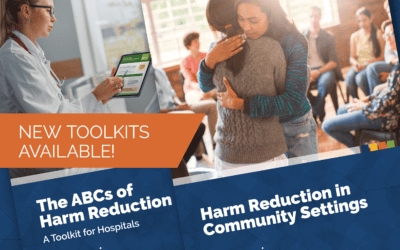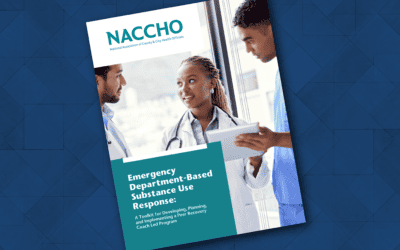Mosaic Group is excited to present our latest initiative, the Reverse the Cycle Webinar Series, in collaboration with several esteemed partners. These webinars are part of our comprehensive “Reverse The Cycle” Substance Use Response Program, which aims to address the critical challenges surrounding substance use and provide effective strategies for healthcare professionals and organizations.
Webinar 4—”Decreasing Treatment Disparities for African Americans with OUD”
In this webinar, we focus on the importance of and strategies for decreasing treatment disparities for African Americans with opioid use disorder with Aliya Jones, MD, MBA, FAPA, FASAM, Executive Medical Director of Behavioral Health, Luminis Health. Dr. Jones covers:
- Opioid overdose deaths in Maryland, disproportionately affecting the black community.
- Barriers to treatment.
- The impact of stigma on treatment.
- Disparities in prescription rates for opioid use disorder treatment.
- Challenges for pregnant women, especially minorities, in accessing medication for opioid use disorder.
- Importance of cultural humility in addressing these issues.
- Effectiveness of methadone and buprenorphine for opioid use disorder treatment.
About Mosaic Group’s “Reverse The Cycle” Program
“Reverse the Cycle” is Mosaic Group’s comprehensive hospital substance use response program, dedicated to streamlining overdose response in emergency departments and implementing medication-assisted treatment, supported by peer recovery coaches. Our program is designed to drive positive change and improve patient outcomes.
Since 2006, Mosaic Group has successfully implemented the Reverse the Cycle program across the nation, focusing on states and cities with high rates of overdose deaths, including Maryland, South Carolina, West Virginia, Michigan, Kentucky, and the District of Columbia. We have integrated the program into various healthcare facilities, including hospital emergency departments, primary care centers, OBGYN practices, school-based health centers, pediatric practices, and detention centers.



